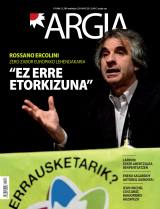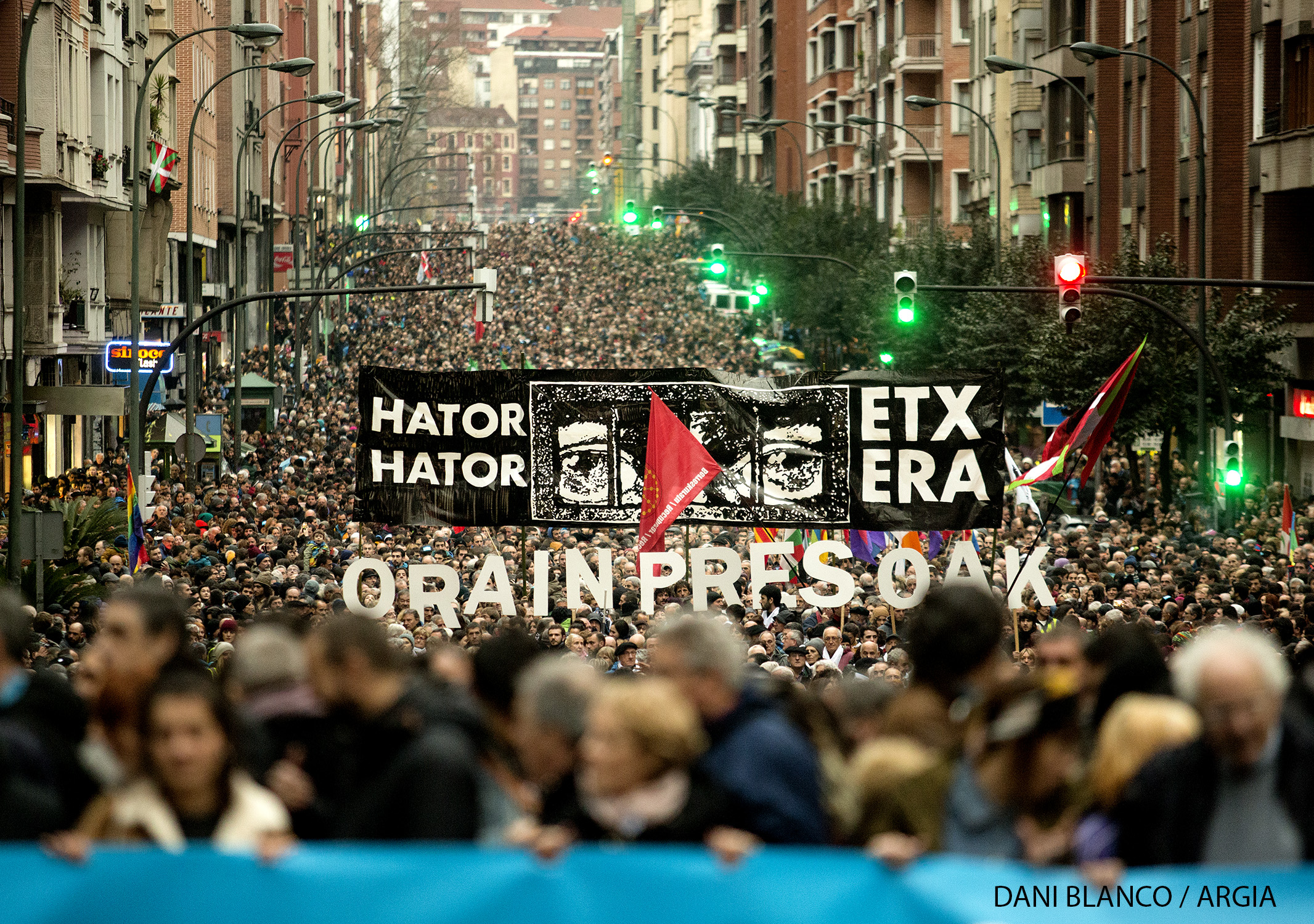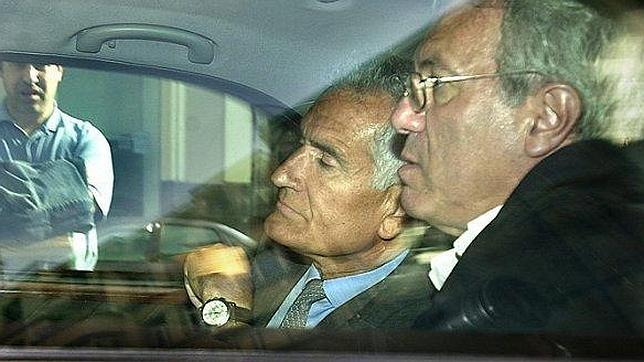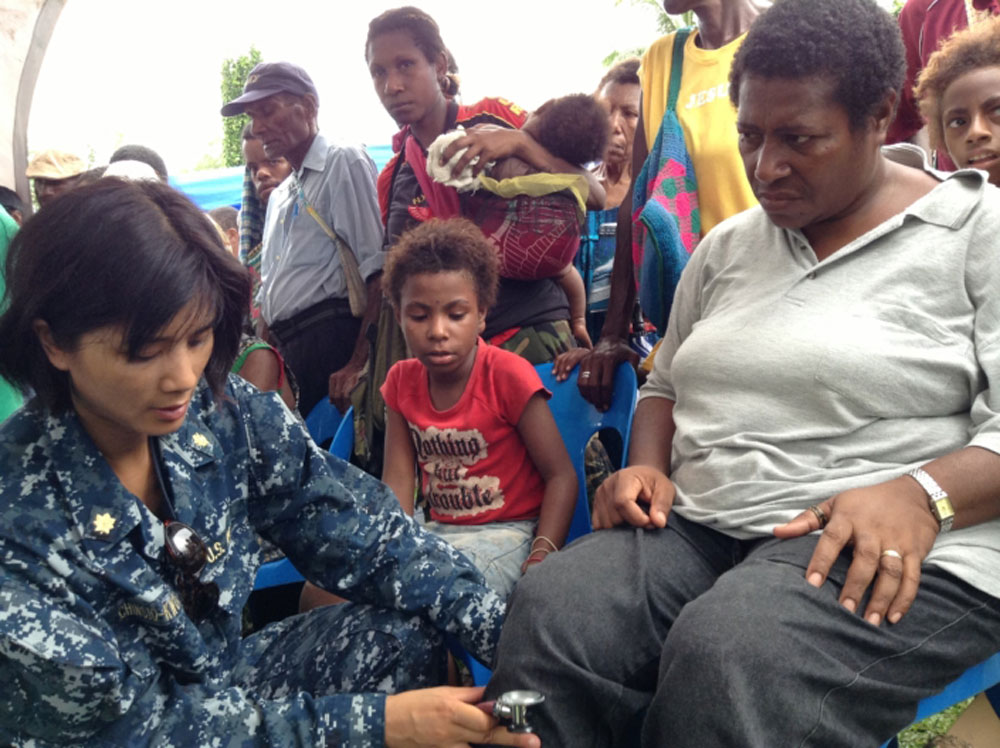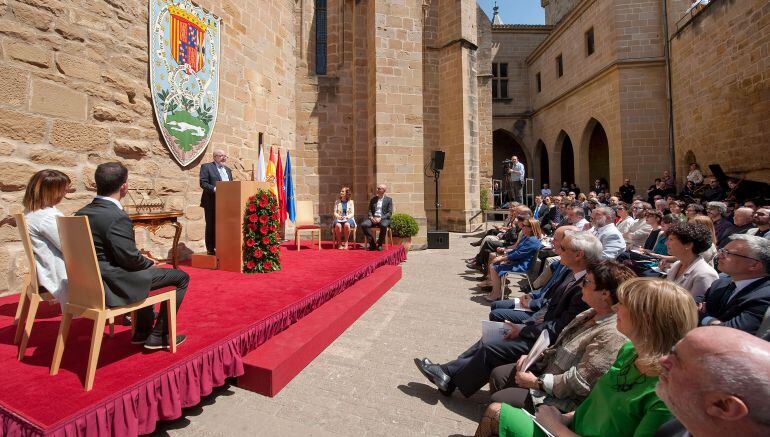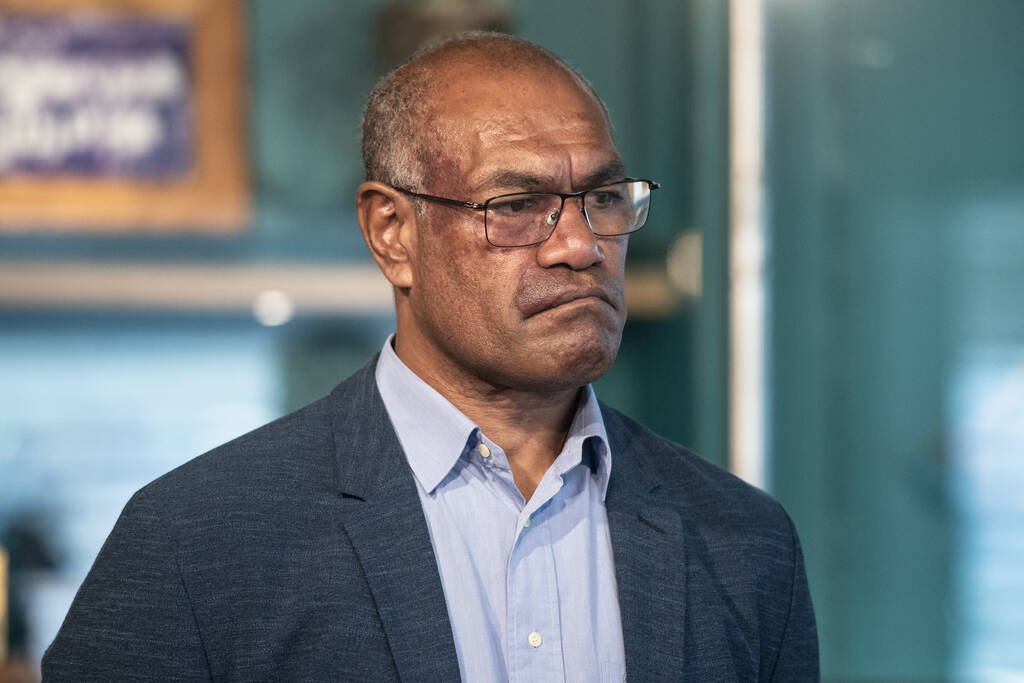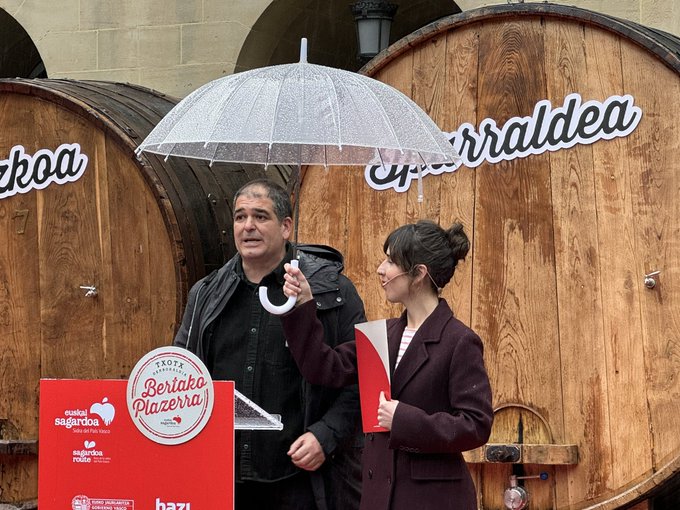Colorful barbiere
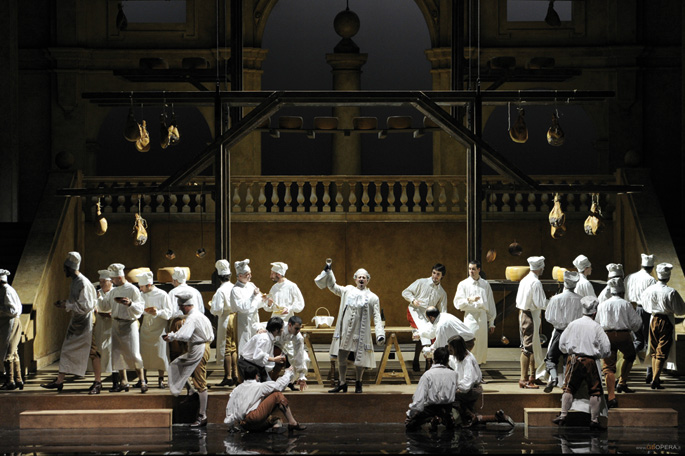
The ABAO’s number 64 opera season has ended in a joyful and optimistic manner. Il Barbiere di Siviglia, de Rossini, is the perfect title for the occasion. Very easy to hear, with well-known arias, with a happy ending... Yes, after so many dramas, deaths and oscurities, we have had a very bright joke. In this case, moreover, not only the work has been luminous, but everything else. The scenery, signed by Llorenç Corbella, was one of the best facets of the show. Simple, but not simple; sophisticated, no load. And significant: black and white at first, and a thousand colors for that joyful ending. The beautiful lighting of Eduardo Bravo also directly influenced this elegant effect.
But let's look at what matters most to us in principle, the musical aspect. In this field, the truth is that there is no excuse. I confess that I had a small surprise when I heard the first races of the Navarra Symphony Orchestra, and not a bad surprise. On the contrary, we find a very thin group, with the ability to delicately, flexibly and carefully qualify the director’s gestures. The director, José Miguel Pérez Sierra, was also on the verge.
You can also say good things about soloists. Brilliant, some more than others. The baritone Marco Caria made an effective Figaro. He easily interpreted the difficult colorations and moved precisely over the board. Tenor Michele Angelini, for his part, interpreted Almaviva, a light count. He's got a nice voice color and he's also skilled at making colorations, but his character was a little flat to him, although, as I say, he taught him enough vocal quality. However, from my point of view, we had two stars in this program. On the one hand, Annalisa Stroppa, who had moved as a first-time actress, made all her arias brilliantly. For example, the famous Fa Una votes little. Overall, he maintained a high level throughout the session. And the second star was Lower Carlos Chausson, who played Bartolo's role with voice and convincingly. Among other things, he sang the aria to a dottor of the sorte mia. I should like to make a mention of the interpretation of the Susana Lifeline. His role was small, but he sang very well and showed great kindness. On the other hand, the stage direction of Emilio Sagi was excellent. Good end, then.
Rossiniren Il Barbiere di Siviglia opera.
Nafarroako Orkestra Sinfonikoa.
Zuzendaria: José Miguel Pérez Sierra.
Bilboko Operaren Abesbatza.
Zuzendaria. Boris Dujin. Eszena zuzendaria:
Emilio Sagi. Eszenografia: Llorenç Corbella. Bakarlariak: Marco Caria (baritonoa),
Annalisa Stroppa (mezzoa), Michele Angelini (tenorea), Carlos Chausson (baxua).
OLBEk antolatuta. Euskalduna Jauregia.
Maiatzaren 14a.
Year of War, year of lie!
That is what the phrase says, and that is what reality confirms.
Given the situation of war in the world and in Europe, its constant upturn and the possible consequences that this has had and will have in Euskal Herria, last December several citizens... [+]
The restoration of the natural characteristics of the beach of Waukee began three decades ago and continues without interruption in the staged restoration to counterclockwork.
Samuel (Bizkaia) is an exceptional space, very significant from the natural and social point of view... [+]
After so many years of struggle for it, 34 years, precisely, we are very pleased with the decision taken a few days ago, on 28 December, Innocent Day, in Pamplona, at the assembly organized by the International Federation of Basque Ball. Well, from now on we will have the... [+]
Jar gaitezen 2025erako proposamen politiko gisa, Espainiako Auzitegi Kolonialaren (AN) epai guztiak berrikusten hasteko eta makila bakoitzak bere belari eusteko.
Unionismoarekin lerrokatutako alderdi, sindikatu eta gizarte-erakunde gehienek, eta ez bakarrik horrela... [+]









